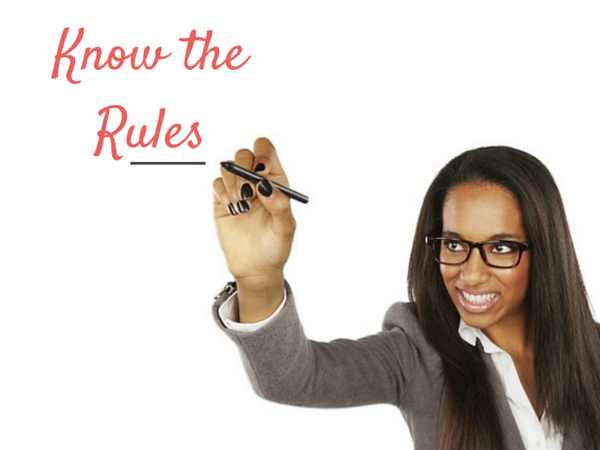
When I tell people that I’m a trial attorney, one of the first questions they ask is about attorney relationships. The general public assumes that all attorneys spend most of their time engaged in a heated battle with opposing counsel. I’m always delighted to inform them that some of my best friends are defense attorneys, and even if we don’t form a lifetime bond, I have a great collegial relationship with most attorneys on the other side.
Of course, there are the exceptions. During the prosecution of one of my wrongful death cases earlier this year, I encountered a hostile situation that had me looking to the Attorney Code of Ethics (which was sadly absent of any definitive requirement of professionalism towards our colleagues), as well as my mentors for guidance. This conduct by another attorney who was representing the defendant in my plaintiff case was appalling and totally unjustified; personally attacking me in emails and having outbursts during discovery depositions, including calling me a “little girl” several times.
Although I hope this type of conduct is the exception and not the rule, it caused me to reflect on five lessons I have learned about professionalism, not just in the legal industry, but in all industries:
1. Think it, do NOT ever write it.
For example, remember that the easy, casual nature of email is deceptive – it feels like a conversation among friends – but it is not. Within the past nine years, email has become the main means of communication in many professions. Email is great, saving you and your customers time and money – but be careful what you say at all times and remember that it might not be the best way to communicate with certain individuals.
2. Don’t engage a miserable peer.
Misery loves company. It is safe to assume that a peer that’s making your life a living hell, likely behaves that way towards everyone else in their path too. The less interaction with this type of person, the better. Only respond when necessary and keep responses short, sweet and focused. Taking the ‘high road’ might not be fun – it requires self-control and patience – but don’t ever sink to the level of anyone that is misbehaving. You’ll never regret acting with grace and dignity.
3. Ask your mentors.
In my recent case where the lead attorney’s conduct was wildly out of control, I turned to my peers for advice. Most of the advice I received was to move for sanctions or a protective order. This did not feel like the correct solution but I had no idea how to handle the level the conduct was rising too. I decided to turn to a judge that I respect, seeking out her wise counsel on the situation. She said to handle the situation with as much grace as possible unless it prevented the forward momentum of the case.
4. Remember we’re all human.
Remember that you have no idea what is going on in someone’s life – if they’re going through a divorce, a sickness, a death. Try not to take interactions personally and also, try to show empathy and patience when someone is not being very likeable. You’ll never regret having taken the high road, but engaging in poor conduct will likely come back to haunt them.
5. Accept an apology.
Twice in my career I have received apologies from poorly behaving attorneys. After listening to what they had to say, both involving serious health issues and medications, I readily accepted the apology and moved forward anew. Do not make someone grovel who already knows they were wrong.
This blog was originally posted on BeLeaderly.com.


